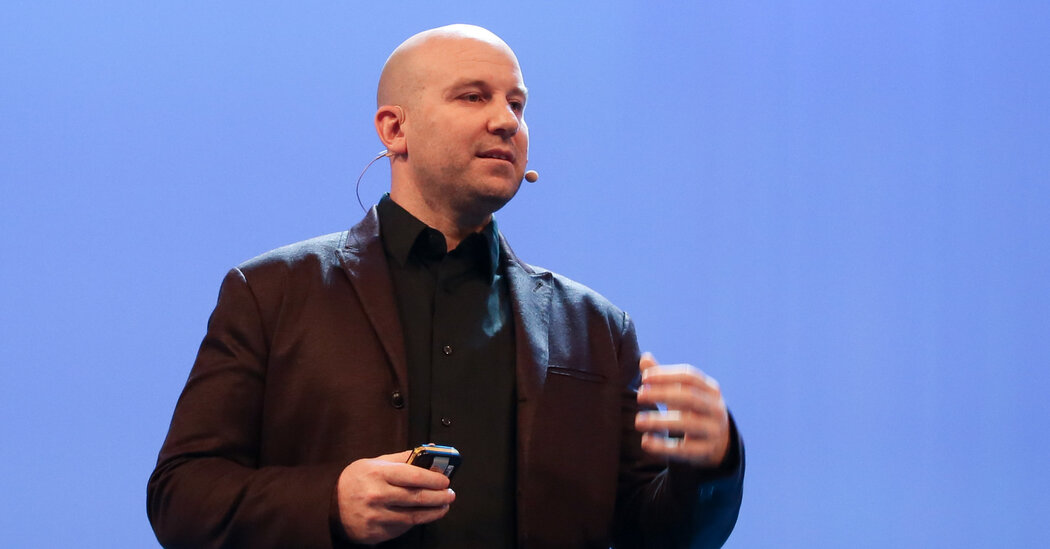
Meta, Facebook’s parent company, is aiming for “deep compatibility” with blockchain technology, according to an internal post on Tuesday from a top executive.
In the note to employees, which was obtained by The New York Times, Andrew Bosworth, who will become Meta’s chief technology officer next year, laid out a vision for the social network to adopt and work with various blockchain or cryptocurrency technologies that have collectively become known as web3.
Mr. Bosworth urged caution but said the company should look to adopt the technologies before others, noting that blockchain technology — which are essentially distributed ledger systems — could have “profound impacts on our industry over the next decade.”
“My overall guidance is to target a deep compatibility with the blockchain,” he wrote. “There aren’t many places where I expect us to depend on it exclusively yet, but if we see an opportunity to work jointly with entrepreneurs in the web3 space I expect it will be worth the effort.”
Technologists, entrepreneurs and investors in the tech industry have debated the internet’s future architecture, with some believing that the decentralization offered by blockchain technology is a way to wrest power away from giants including Meta and Google.
But while Google has been reluctant to dive into crypto, Meta has experimented with cryptocurrencies, including an effort to create a global digital currency that could be used by Facebook and WhatsApp users. The head of that crypto project, David Marcus, announced his departure from Meta last month after the digital currency was rebranded and faced scrutiny from regulators.
In his post, Mr. Bosworth, who oversees Meta’s augmented and virtual-reality efforts, said the company should develop ways to work with nonfungible tokens, which are assets verified using blockchain technology, while looking to possibly invest in areas including blockchain-based smart contracts and decentralized autonomous organizations, which are internet-native co-ops governed with cryptocurrency tokens.
Still, he urged Meta’s employees not to overcorrect by only relying on decentralized technologies.
“While most people are happy to use Facebook and Google, some are not,” he wrote. “And those that opt out are disproportionately involved in creating a genuinely impressive wave of technology.”
One of Meta’s board members, Marc Andreessen, who helps lead the venture capital firm Andreessen Horowitz, has created dedicated funds to invest in web3 companies and technologies.
Meta didn’t immediately respond to a request for comment.




